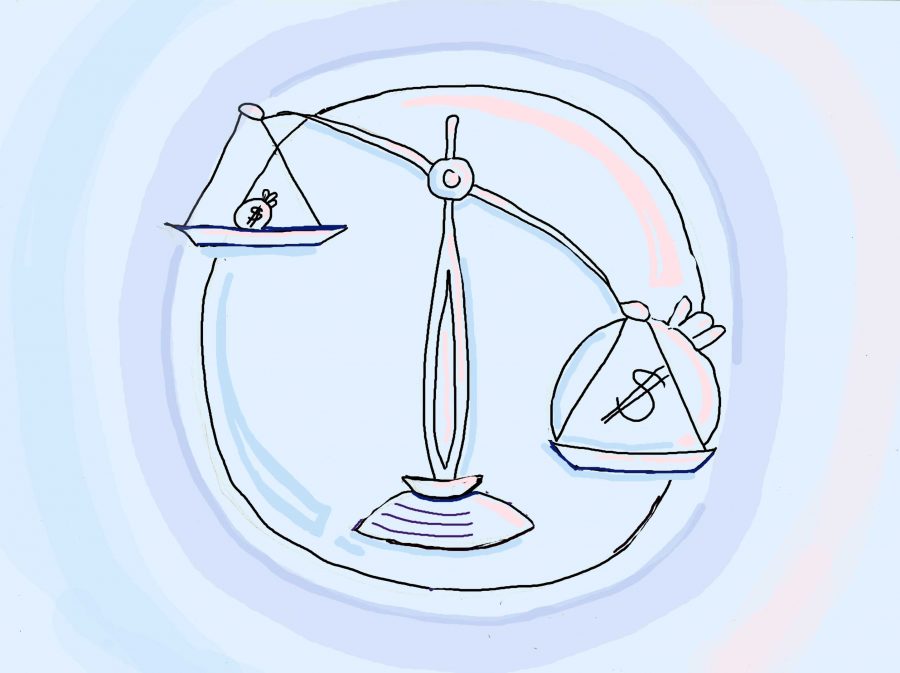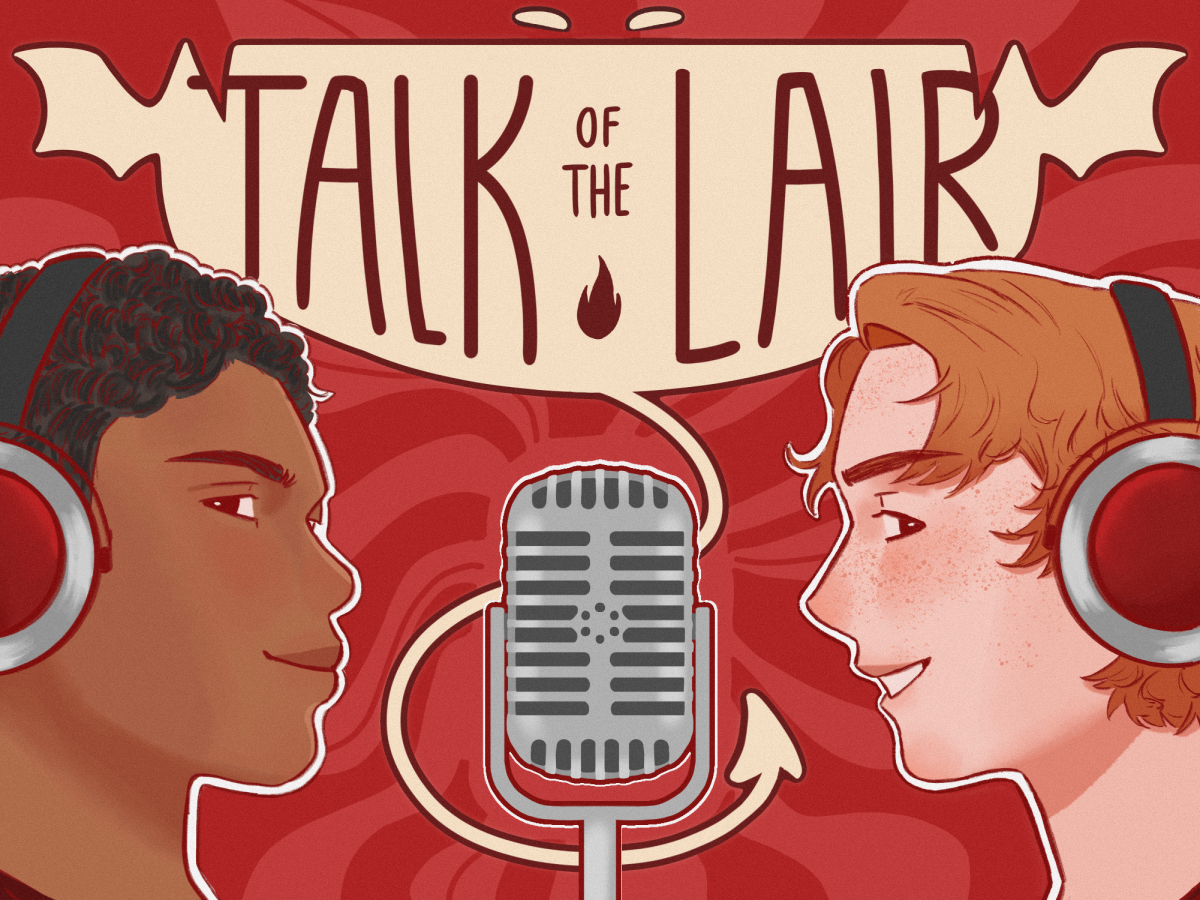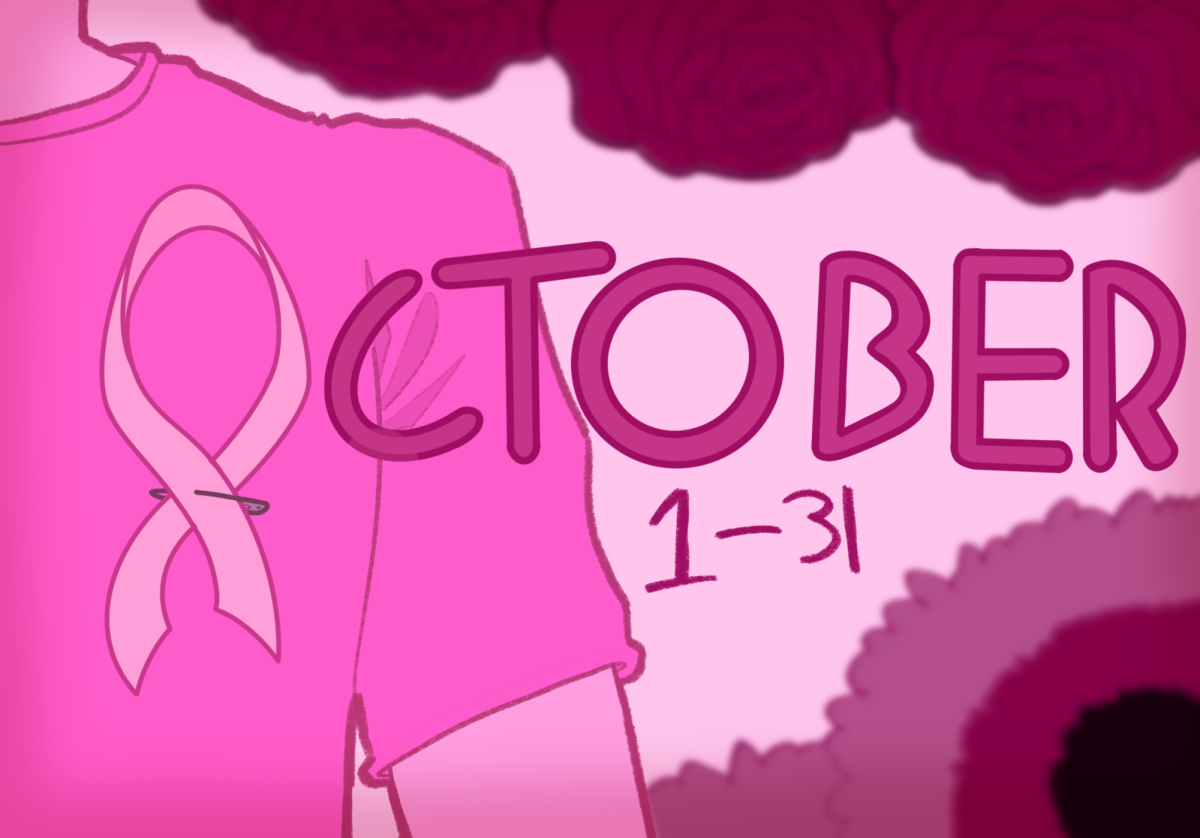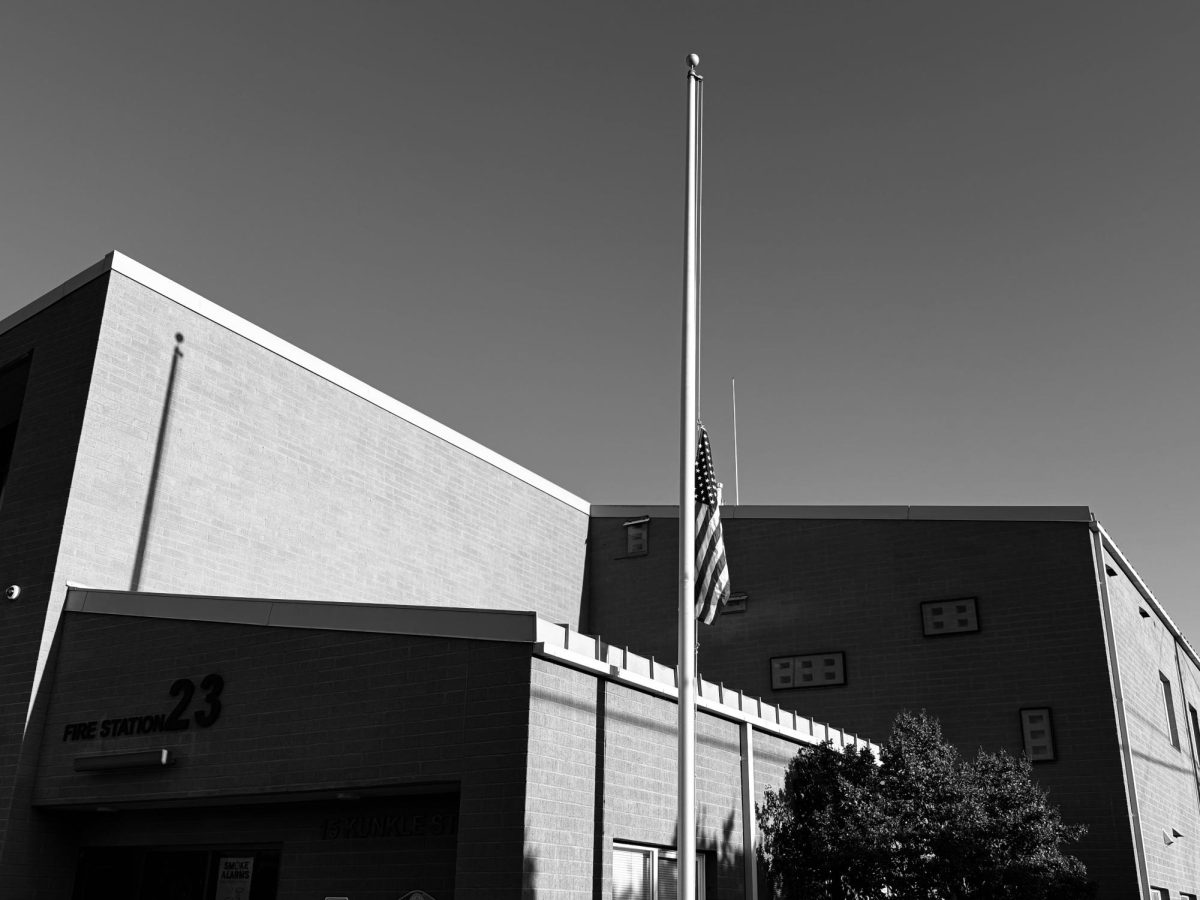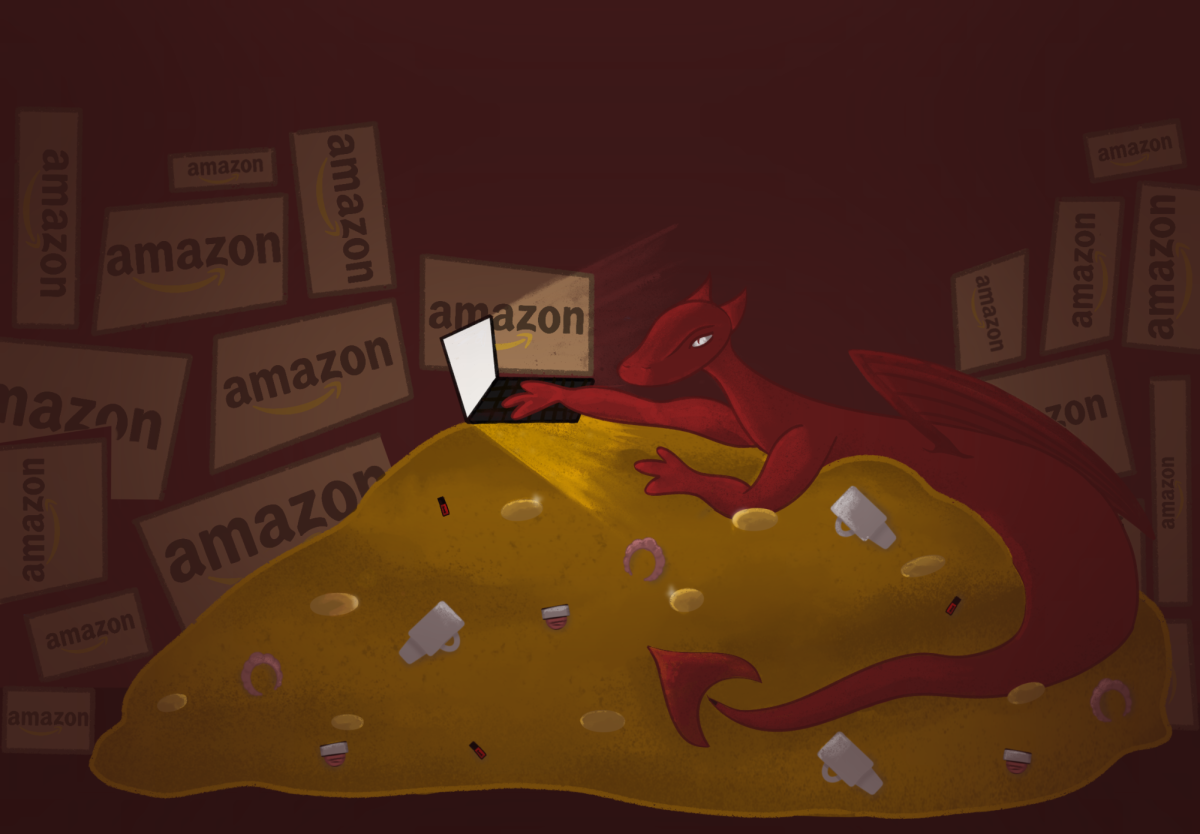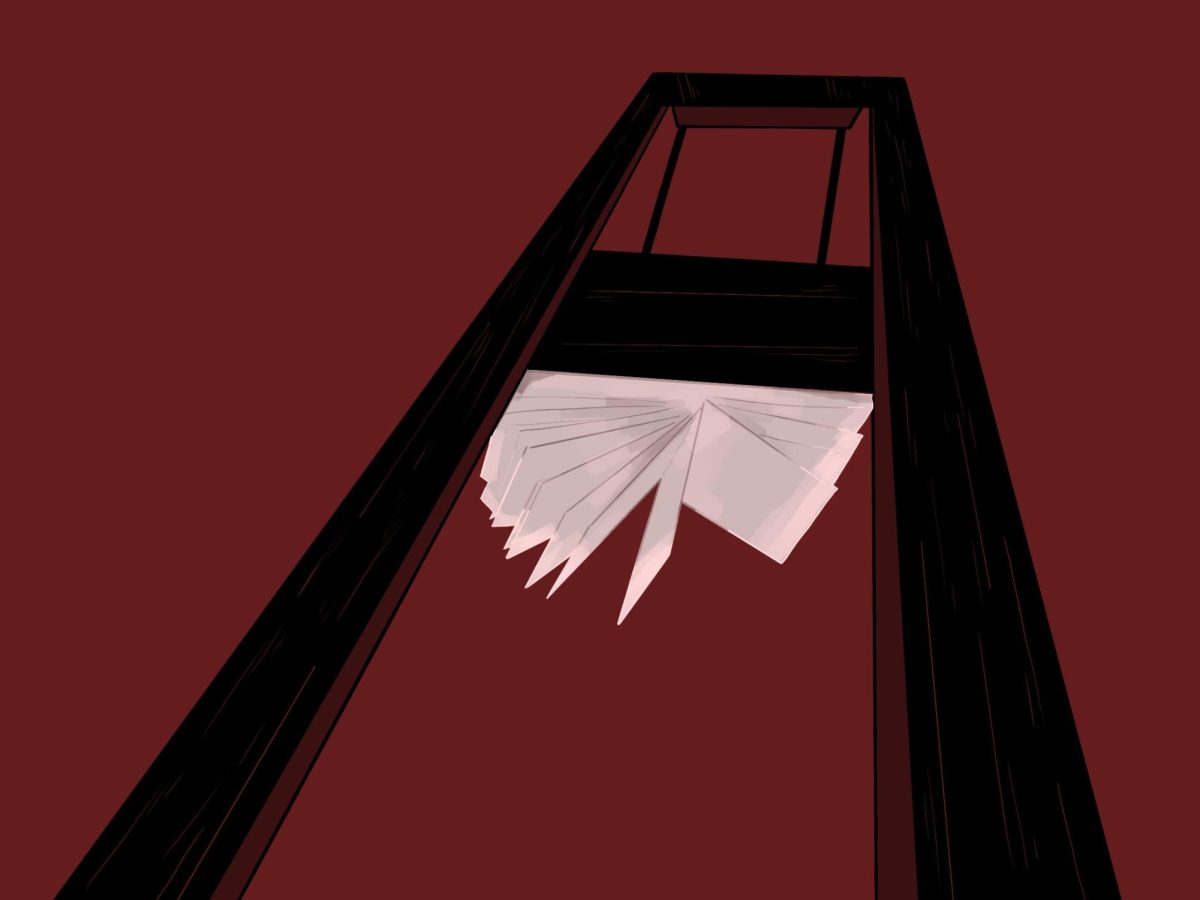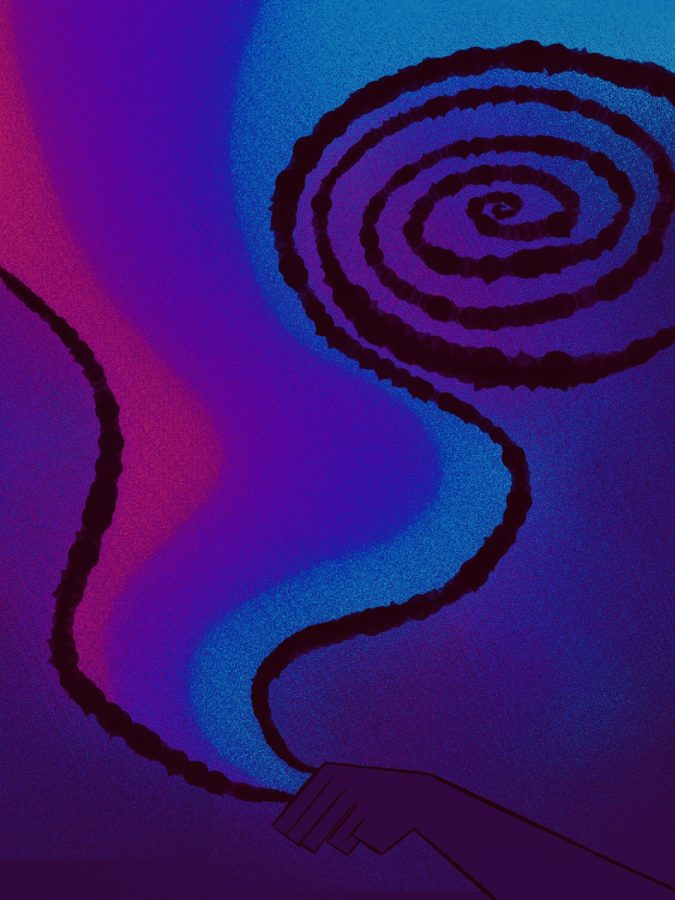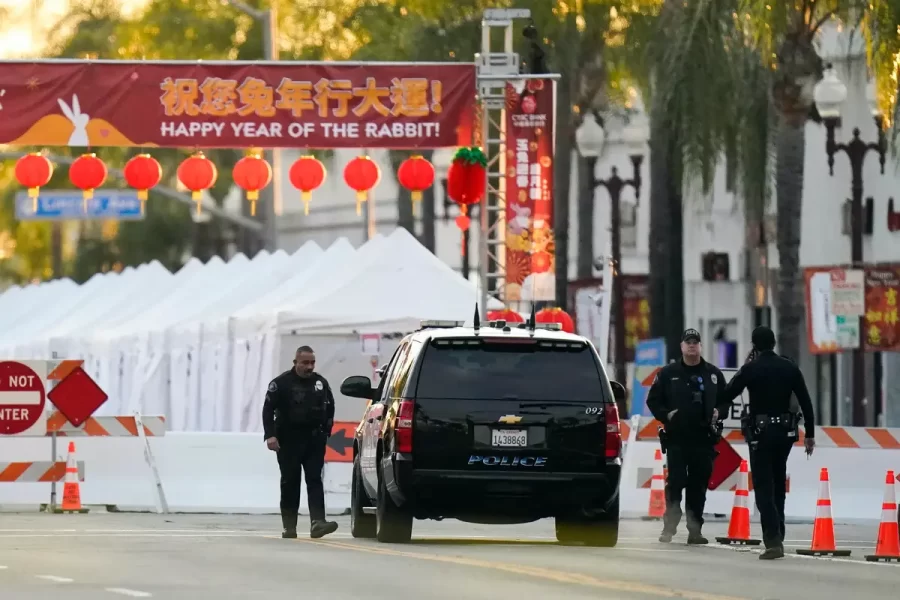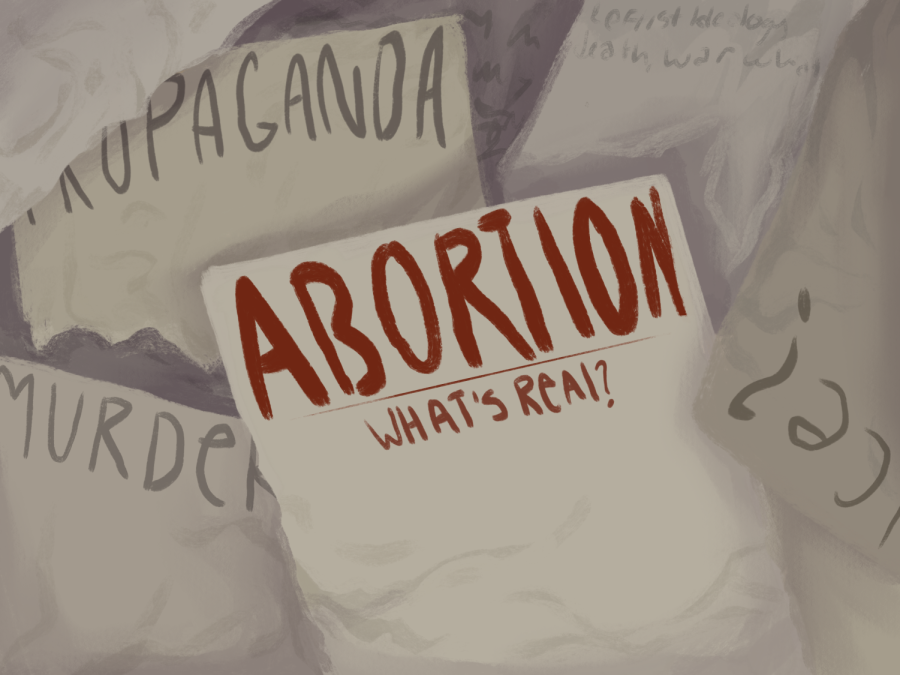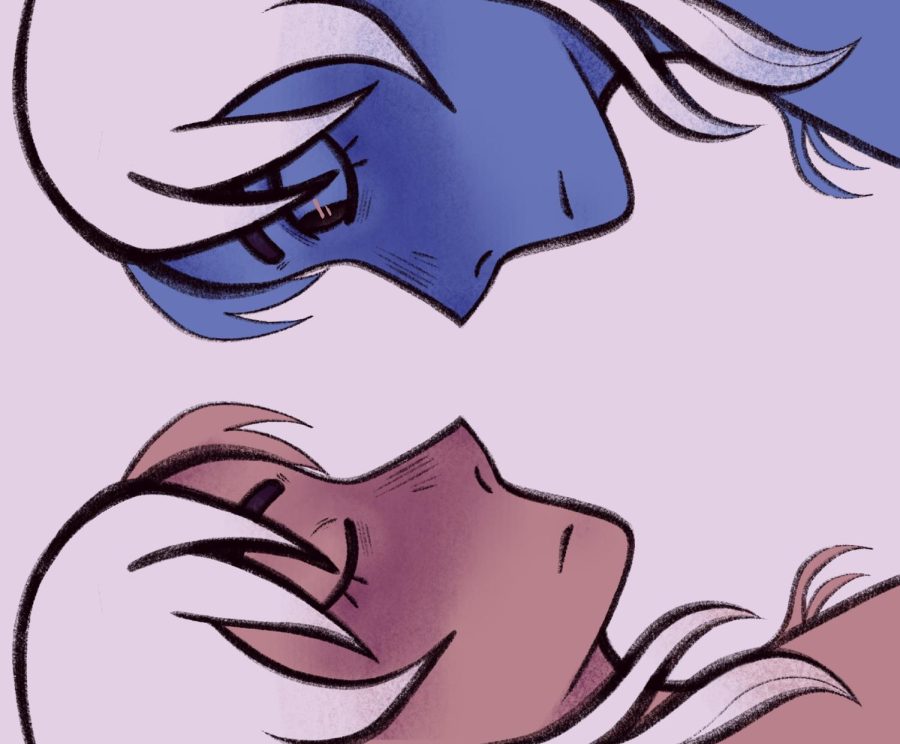Bill Gates, Warren Buffett, Carlos Slim, Jeff Bezos, Mark Zuckerberg, Amancio Ortega, Larry Ellison and Michael Bloomberg. The richest people in the world. How rich are they, exactly?
The eight of them own as much capital as the poorest 3.6 million people in the world.
The net worth of the richest people in the world has been rising steadily these past few years, compared to the 3.6 million poor who, overall, have lost a trillion dollars between 2010 and 2015.
So what? Why is this important?
There’s only so much economic inequality a democracy can bear. At a certain point, it becomes a threat to the political institutions we hold dear.
Visible inequality has unpleasant outcomes. Especially in this day and age, it is impossible to be unaware of huge gaps between classes, whether the ignorance is voluntary or not. Social media has made wealth and privilege more blatant than ever before. For example, very few people have never heard of Bill Gates or Kim Kardashian. More to the point, very few are unaware of their lifestyles.
Economic inequality is unhealthy for democracy, as well as politically unacceptable. The rich have more leeway to use their capital and consequent political influence to lobby policymakers to support their preferences. Economic health has always been tied to the government, but the drastic difference in income makes the meddling of corporate interests even harder to separate from political ones. During the late 1800s, in a newly industrialized America, the wealthy were able to influence laws or hire excellent lawyers to find loopholes to increase their personal affluence and disable the government’s ability to hold them accountable.
Unequal income means unequal political influence. It also means the vast majority of people are at the mercy of the few.
This means the poor grow discontented with their own place in society. The gap between rich and poor can only ever be a disadvantage to the lower rungs of society. Households with no income increase borrowing and their debt becomes something inescapable. The poor grow poorer, and the rich grow richer.
During the rise of big business in America, corporations, owned by titans such as Vanderbilt, Carnegie and Morgan, escaped much needed public control, running wild with corruption. When the people complained about the railroad monopoly, federal interference somewhat lessened their visible influence.
However, under President Trump, income inequality could drastically increase, predominantly impacting people in the lower economic rung. Trump has vacillated between raising the minimum wage to 10 dollars and eliminating the minimum wage. Should the minimum wage bar be removed, however, there could be destructive consequences. The income of the average American could be substantially lowered and the middle to lower classes as a whole would suffer a great loss to their net worth. Additionally, his pledge to repeal the Affordable Care Act could harm those struggling with their finances. “Obamacare” overturned the U.S. healthcare system to provide accessibility to patients and minimize their financial burden. Without it, millions of Americans will most likely sink into poverty with unaffordable healthcare.
With the wealth being vacuumed into the hands of the top one percent instead of trickling down to the masses, we face not just growing income inequality, but also political inequality.
The Gilded Age of the 21st century is coming . . . no, it’s here.


